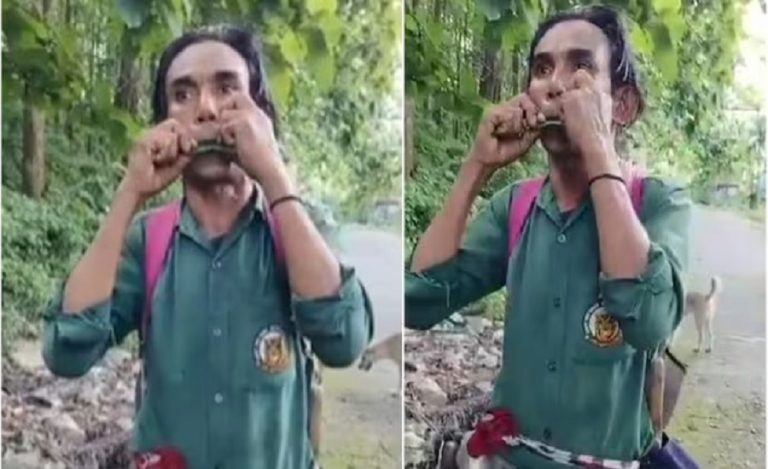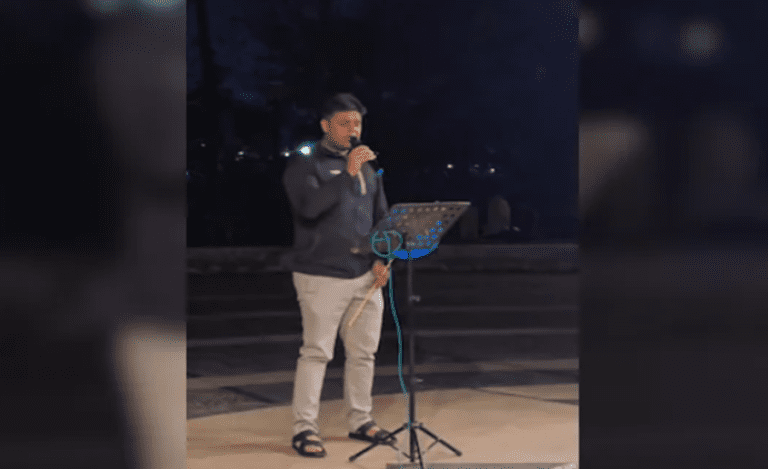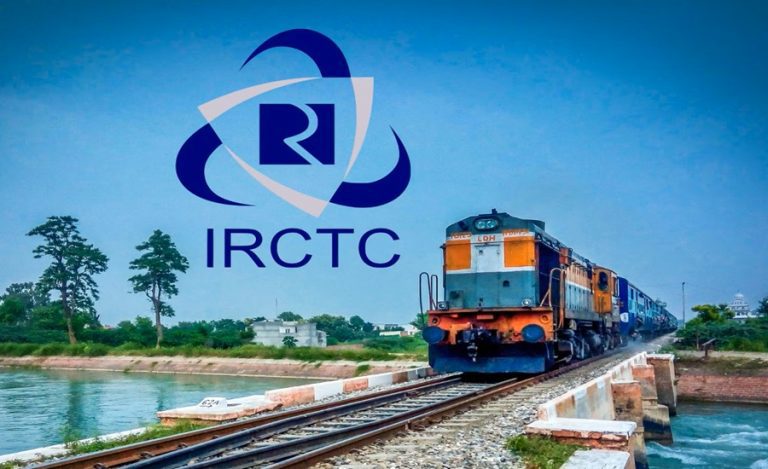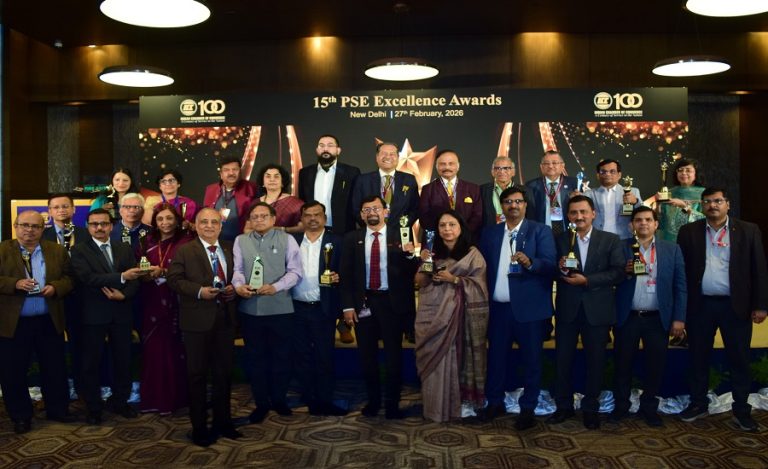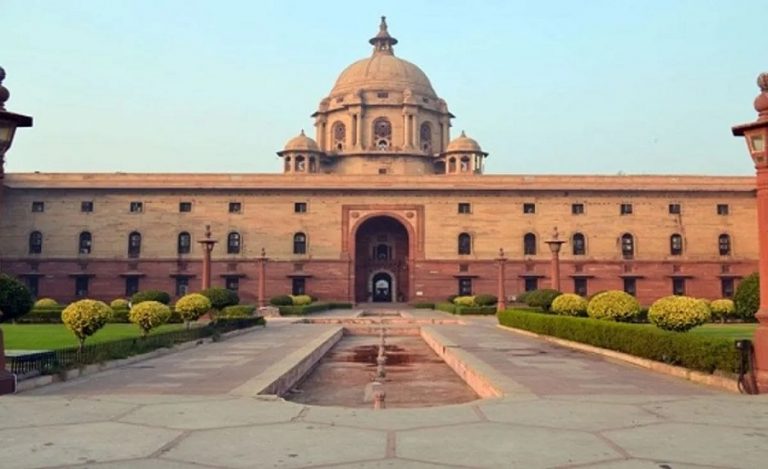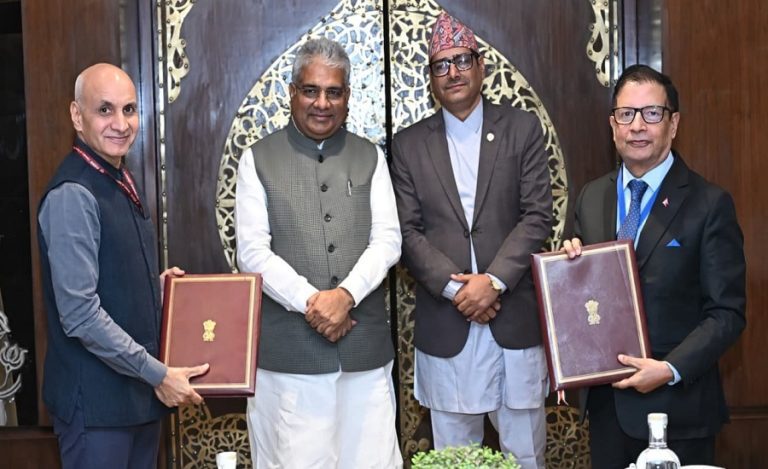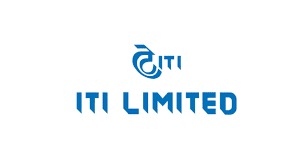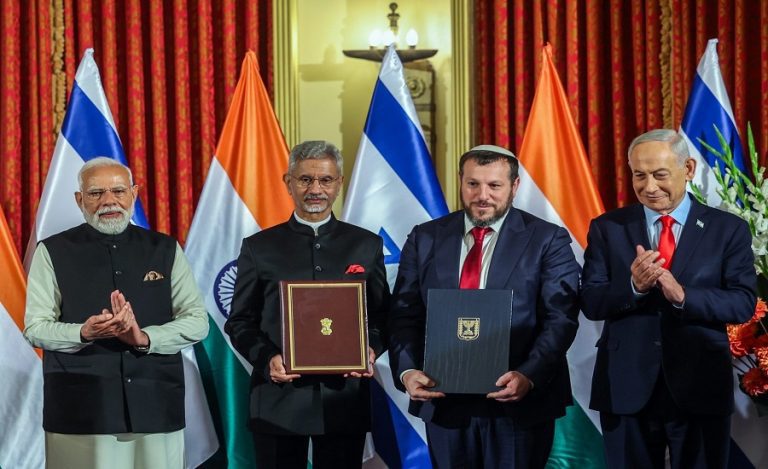A recent Twitter post by IRS officer Nethrapal has sparked a heated debate over educational equity in India. Nethrapal claimed that 80% of elite private schools in Karnataka, Maharashtra, and several other regions have converted to minority status to circumvent the Right to Education (RTE) Act’s requirement to reserve 25% of their seats for students from Scheduled Castes (SC), Scheduled Tribes (ST), and Other Backward Classes (OBC).
Nethrapal’s tweet read: “80% of elite private schools in Karnataka, Maharashtra, and many parts of India converted them to minority schools to avoid 25% reservation prescribed for SC, ST, OBCs in RTEs. The government should immediately, after formation, define what is a minority school and make RTE applicable even for minority schools.”
80% of elite private schools in Karnataka, Maharashtra and many parts of India converted them to minority schools to avoid 25% reservation prescribed for SC,ST,OBCs in RTEs.
— Nethrapal (@nethrapal) May 27, 2024
The government should immediately, after formation should define what is a minority school and make RTE… https://t.co/G0lj9oQnqi
The RTE Act, enacted in 2009, mandates that private schools reserve 25% of their seats for underprivileged children to ensure inclusivity and equitable access to quality education. However, schools with minority status are exempt from this obligation, a loophole that many institutions are allegedly exploiting.
Nethrapal’s tweet highlights a growing concern that affluent private schools are using this exemption to maintain their exclusive nature, thereby depriving marginalized communities of opportunities for quality education.
His tweet has reignited a crucial conversation about educational equity in India. As the government considers its next steps, the focus remains on creating a system where every child, regardless of their background, has access to quality education.





